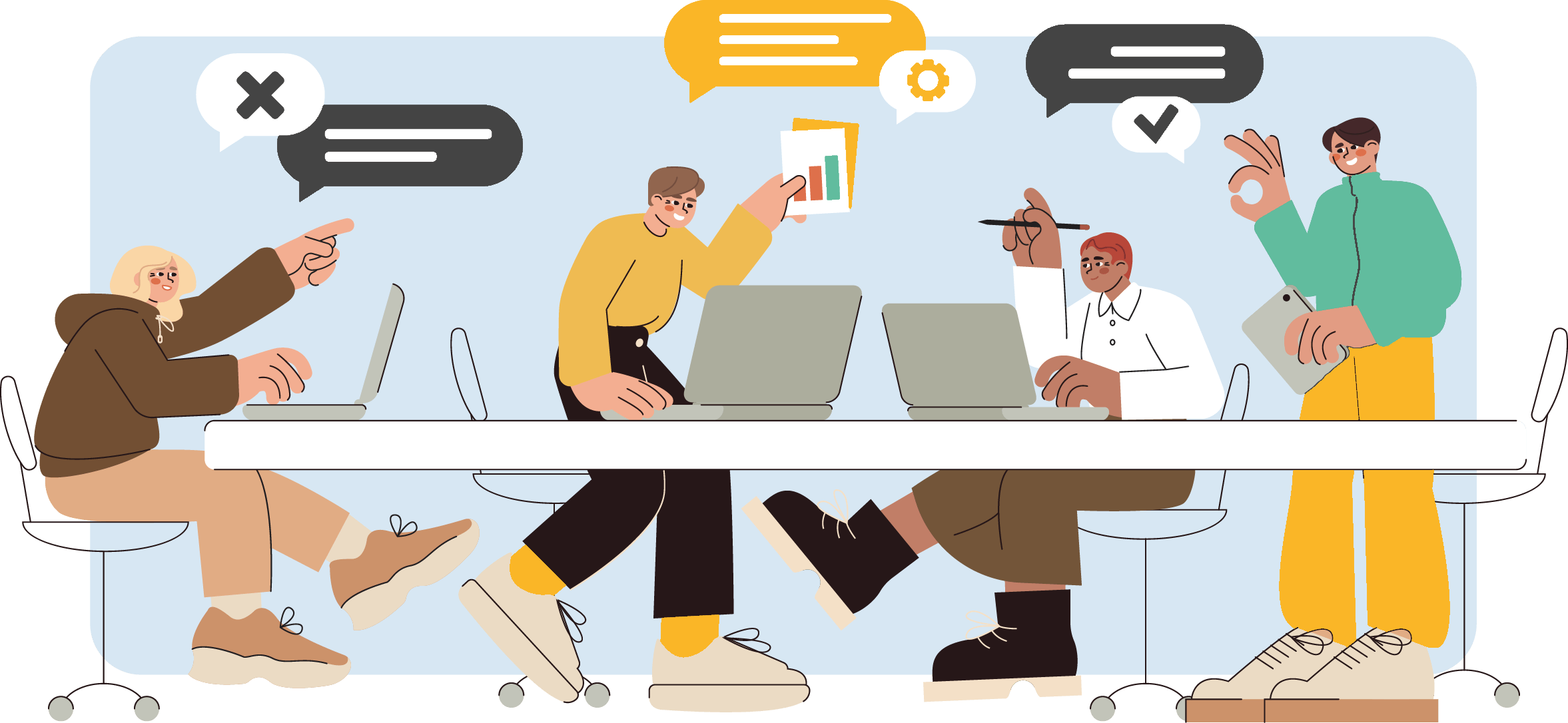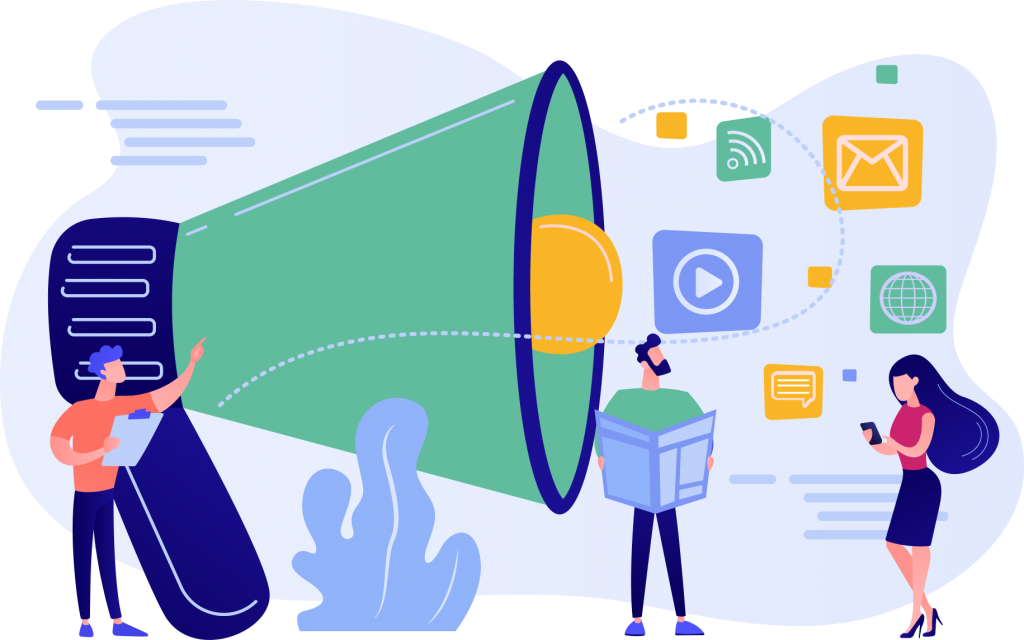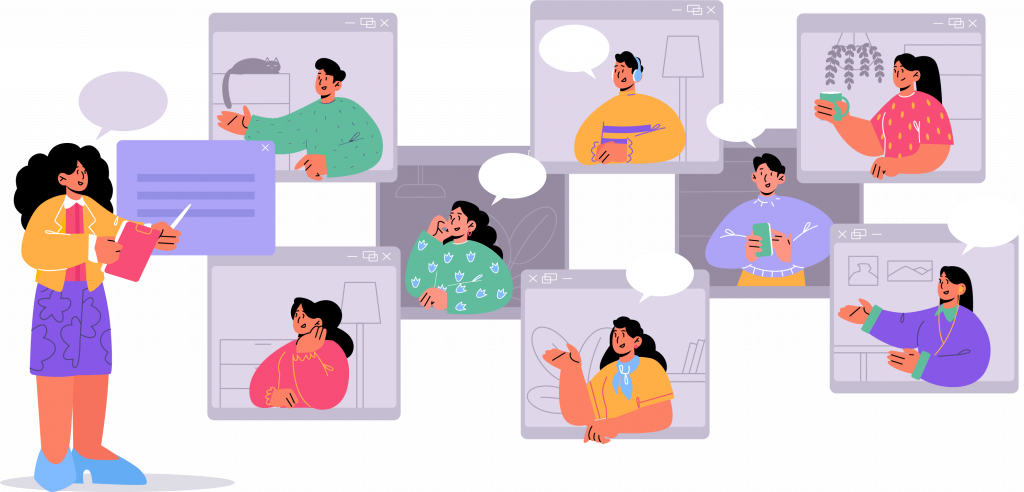Blended Hackathon

About
Timeline
Activities
Topics
Results
Participants
News
Blended mobility of higher education students
× highly innovative and efficient method of agile teamwork
× designing green-themed serious games
× combination of virtual and physical mobility
× collaboration with lecturers to brainstorm the gaming scenarios
Blended mobility = Virtual mobility + Physical mobility

Virtual mobility
A preparatory phase which takes place several months before the Play2Green hackathon begins.
Physical mobility
An execution phase in which students attend one-week hackathon hosted by partner universities.

Timeline
2023

March
Open call for students
Student selection
April


June
Beginning of Virtual Mobility
3 months
Students are formed into teams and are getting to know each other via online collaboration tools such as MS Teams. With the help of lecturers who will act as supervisors, the student teams will work on projects that will make them explore a certain green topic by brainstorming a game scenario based on the selected green topic.
Beginning of physical mobility
1 week
The physical component of the blended mobility will be organized in Dubrovnik (Croatia), enabling students and lecturers gain invaluable international experiences, and learn about the exciting history of Dubrovnik, its outstanding medieval architecture and world-famous fortified old town.
September

Activities
Open Educational Resources (OER) development
Development of resources for project-based learning of green topics and serious games, i.e., the project assignments which describe the idea behind the proposed green-themed serious game (“product vision”), as well as which specify all the tasks that are needed in order to produce the main result from the project-based learning, i.e. green-themed serious game scenario.
Blended hackathon
The main goal is to set up project-based learning through the virtual and physical part of mobility where project teams will focus on delivering creative and practical deliverables (i.e., game scenarios based on the project assignments). A special place will be placed on covering green topics through creative problem-solving.
Topics
Green education
Educational materials in the form of green-themed serious games based on emerging technologies will be embedded in general Higher Education Institution (HEI) courses, targeting in this way a much larger student pool. The “green topic” for the first game will be waste management whereas the green topics for the other two serious games will be elaborated on during the blended hackathon.
Serious game
A game designed for a primary purpose other than pure entertainment. In the Play2Green project, serious games will be used as educational tools. More precisely, developed serious games will be used in non-green-themed higher education courses.
Emerging technology
Technologies such as artificial intelligence (AI), augmented reality (AR), and holograms will be used in the development of serious games with the aim of increasing the level of engagement from students and lecturers’ capacities in research activities.
Universal Design
The design and composition of an environment or solution so that it can be accessed, understood and used to the greatest extent possible by all people regardless of their age, size, ability or disability. The aim of using Universal Design principles in serious games development is to include as many learners as possible. Vulnerable groups, such as people with disabilities, will benefit directly through applying Universal Design for Learning.
Results
Project assignments
- 5 green-themed serious game project assignments which contain the input materials used for project-based learning
- project assignments are defined with descriptions and tasks which guide project teams to the delivery of green-themed serious game scenarios
Serious game scenarios
- 5 green-themed serious game scenarios based on project assignments that project teams (students and lecturers) have worked on
- game scenarios are prepared so that they can be used as input for the development of a green-themed serious game
Successful blended hackathon
- blended mobility consisting of the virtual and physical part
- blended hackathon will be organized in the form of project-based learning
- 32 participants (lecturers and students) will collaborate in the project environment on defined tasks to produce green-themed serious game scenarios
Play2Green project assignments are available here: Project assignments.
Play2Green green-themed serious games scenarios are available here: Game scenarios.
Participants
Meet participants (students and lecturers) in Blended Hackathon Dubrovnik 2023 working on serious games, universal design, and green topics
